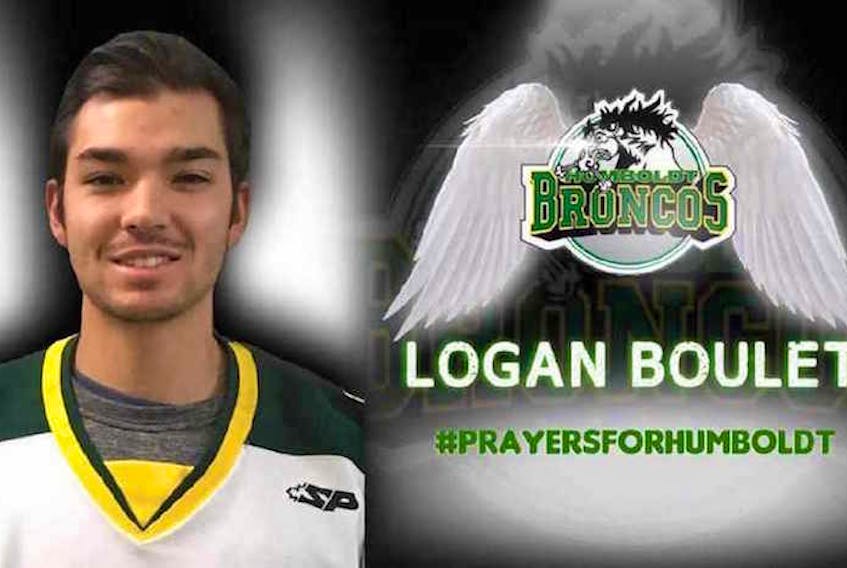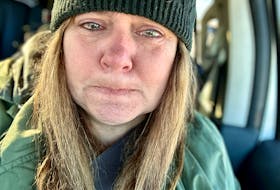As two of my grown daughters settled in for a visit this week, I wondered about raising an issue I knew would take us far from our usual banter.
Death and dying are never easy topics.
But in the wake of the horrific bus crash in Humboldt, Alta., a few weeks ago that claimed 16 lives, it’s been on my mind, more so after reading the poignant story of a family who lost their 21-year-old son and brother.
In the midst of their unimaginable grief, Toby and Bernadine Boulet were heartened by a simple act their son, Logan, completed when he turned 21, just a few weeks before the crash.
He registered to become an organ and tissue donor.
When he was taken off life-support a day after the collision, his family affirmed his wish – and the lives of six people on waiting lists for organs were saved. For Mrs. Boulet, it offered some hope.
“ …. we knew that something good could come and someone’s life could go on when our son’s couldn’t.”
Back in our living room, I looked at our own girls and refused to imagine ever having to make such a decision. Still, I felt we needed to have the discussion. I asked them if they’d ever considered becoming organ donors.
I’m not sure exactly how I expected them to react, but what followed was a thoughtful exploration of an issue they had both considered. The Health P.E.I. website answered many of our questions about organ and tissue donation. We talked about many related issues, from the merits of cremation and how that decision would be made, to preparing an end-of-life care plan that, frankly, I hadn’t even thought about before we sat down.
In this non-crisis setting, we freely shared our opinions, questions and reservations about important issues around death and dying, and each of us came away with a much better understanding of where we all stood.
It wasn’t remotely awkward or uncomfortable but rather, it was informative and insightful.
We still have more to discuss but if, God forbid, any of us are faced with making an end-of-life decision for the other, we’ll have a much firmer foundation to make that decision based on what we now know the other’s wishes would be.
During our talk, I learned one of the girls had already signed a donor intent form. The other took a few minutes before she left to fill out and submit the form online.
I guess we could be a small part of something that’s come to be known as the Logan Effect. When Boulan’s story was published, there was an immediate surge in donor registrations across Canada and right here in P.E.I.
That’s good news because thousands of Canadians, including 18 Islanders, are waiting for life-saving transplants.
The Canadian Transplant Society suggests 90 per cent of Canadians support organ and tissue donation but less than 20 per cent have made plans to donate.
The Logan Effect has already inspired many to become donors. In the longer term, I hope it will encourage families to talk candidly about their end-of-life wishes at a time when they’re not dealing with the stress, anxiety and possibly grief of a crisis situation.
It’s a discussion that’s well worth having.
- Wayne Young is an instructor in the journalism program at Holland College in Charlottetown.









